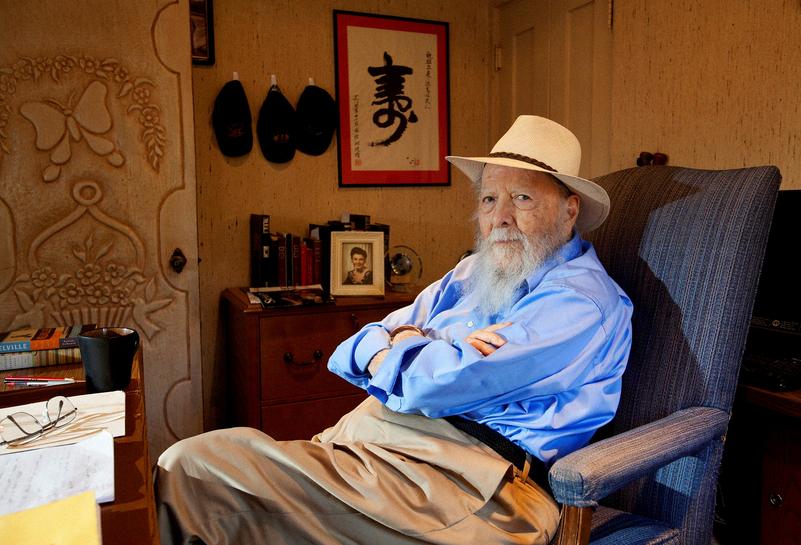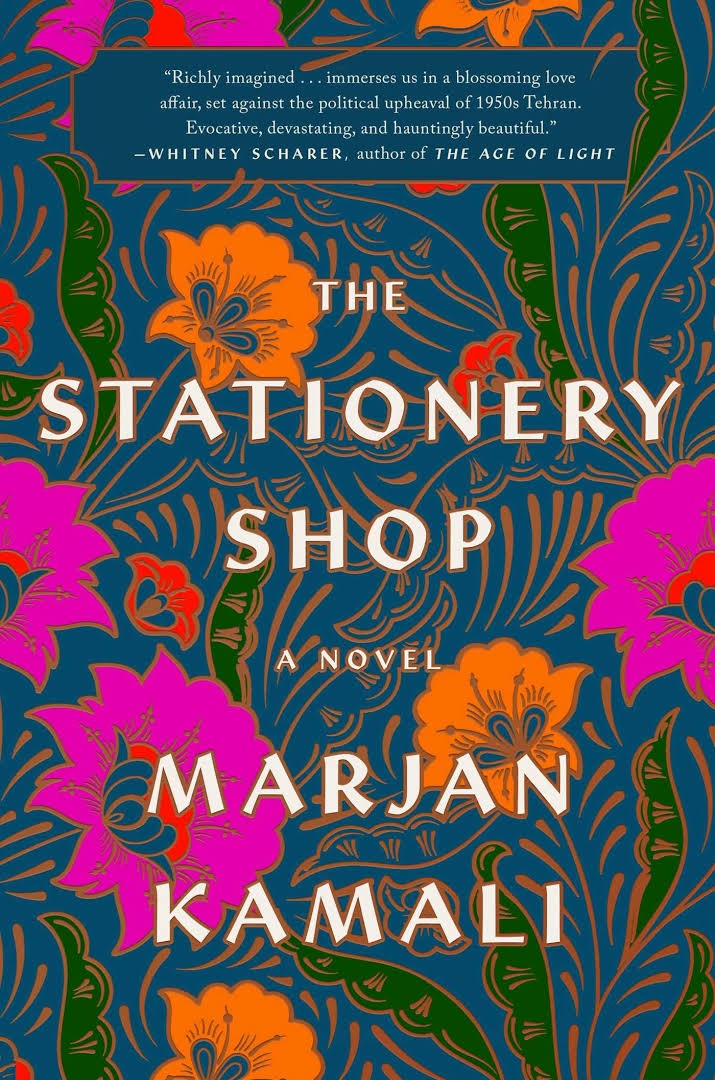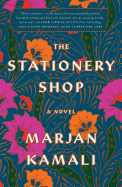Over the past few months, Shelf Awareness has reached out to booksellers in Seattle, Wash., to find out how they've dealt with the city's rising minimum wage and what advice they would give other independent booksellers facing similar increases. The series began last Thursday with a look at Elliott Bay Book Company and continued with Secret Garden Books.
 University Book Store, the largest and oldest independent bookstore in Seattle, employs some 250 people across six locations. And while three of those locations are technically outside the city of Seattle, UBS chief executive officer Louise Little explained, all of University Book Store's employees are paid commensurate with the flagship store, which has more employees than the other locations and is within Seattle proper.
University Book Store, the largest and oldest independent bookstore in Seattle, employs some 250 people across six locations. And while three of those locations are technically outside the city of Seattle, UBS chief executive officer Louise Little explained, all of University Book Store's employees are paid commensurate with the flagship store, which has more employees than the other locations and is within Seattle proper.
"I think with minimum wage or any kind of business requirement or government mandate, it makes you smarter and wiser," said Little. "You look for efficiencies. It hasn't been this slash and burn."
Since 2014, Little and her colleagues have done a number of things not only to prepare for the minimum wage increases but also to make the business stronger. One of the store's biggest undertakings was replacing its 35-year-old POS system. UBS elected to "rip the bandaid off" and replace the whole thing at once, installing a new enterprise system that handles everything from accounting to web sales. Little pointed out that a major benefit of the system is that it allows the store to track data in ways that simply weren't possible for them before.
Armed with that data, Little and her team have made a variety of changes to many aspects of the business. In its flagship store, University Book Store has actually decreased the square footage of its book department. Little explained that it was done to make the section more shoppable, and the inventory has been more tightly curated based on customer preference. She noted too that while the department's size has been reduced, it's still a substantially sized bookstore in its own right. "It's not like we chopped off 2,000 square feet," Little remarked.
Pam Cady, head of the trade book department at UBS, did point out an area in which they were directly affected by the minimum wage. While the store used to have a "huge" book fair business, the increased minimum wage has led UBS to running fewer fairs. "Fifteen dollars an hour really did factor in," said Cady. "That is one area where an ROI is not profitable."
 |
| University Book Store, Tacoma |
Little said that they have not radically adjusted their payroll or staffing procedures, though they have "put payroll where we've needed it, taken it from where we didn't need it." With the new POS system, she continued, some functions are no longer needed, so if someone leaves they may decide to not replace that position or to give those responsibilities to another position.
On the subject of payroll, and having new hires join the company at wages that may be nearly as high as those of longer-tenured employees, Little said that "wage compression" is never too far from their minds. She said the leadership team works very hard to make sure that as the minimum wage has gone up, the "whole wage scale" has changed accordingly.
"We try to do that very thoughtfully," Little said. "We are very aware of it and we work hard to work around it."
Acknowledging that it was hard to pin on just the minimum wage, Little reported that in fits and starts over recent years, the store has had some trouble hiring. During campus transitions, the store has to hire a "huge number of people," and she noted that when their starting wage was lower than say, a McDonald's, filling all of those positions could be a challenge. At the same time, she said, the store still gets "great applicants," and being so closely tied with a university seems to help draw people who are passionate about books and bookstores. She said: "It might take us a bit longer, but we do find them."
When asked whether the city of Seattle had made any adjustments in favor of small businesses since the law was originally passed, Little said that there haven't been any, and that the city did not adequately take small businesses into account when drafting the law. Recently, businesses in Seattle fought a proposed "head tax" that Little said would have lumped University Book Store into the same category as Amazon or Boeing. Though this particular tax was defeated, the topic hasn't gone away, and Little recalled feeling that her view, and the view of many small businesses, was not heard.
"Not that we didn't write letters or step up to the plate," Little said, "but we were overshadowed by louder voices." --Alex Mutter






IPC.0204.S3.INDIEPRESSMONTHCONTEST.gif)




 The Barnes & Noble in Schaumburg, Ill., is downsizing from a roughly 23,000-square-foot space to a 14,000-square-foot location in a nearby shopping center, the
The Barnes & Noble in Schaumburg, Ill., is downsizing from a roughly 23,000-square-foot space to a 14,000-square-foot location in a nearby shopping center, the 



IPC.0211.T4.INDIEPRESSMONTH.gif)
 University Book Store
University Book Store
 Southern California indie booksellers and librarians caroused at a new brewery with author J. Ryan Stradal to celebrate his newest novel, The Lager Queen of Minnesota (Pamela Dorman Books/Viking). They enjoyed Grandma Edith's Rhubarb Pie Ale (made in the book by the characters) specially brewed and bottled for the evening by Over Town Brewing Co. in Monrovia, Calif. Included in the photo: PRH reps Amy Comito and Tom Benton; Robert Turner, Café Con Libros; Linda Sherman-Nurick, Cellar Door Bookstore; Jenny Wannier, Flintridge Books; Katie Orphan, The Last Bookstore; Linda McLoughlin Figel and Liliana Lettieri, {pages} a bookstore; SCIBA executive director Andrea Vuleta; Steve Salardino, Skylight Books; Sherri Gallentine, Nancy Hamel and Jennifer Ramos, Vroman's; Liz Camfiord; Penguin Random House Library; Tina Lerno, Los Angeles Public Library; Andrienne Cruz and Melody Tehrani, Azuza Public Library; Stefanie Ulate, Monrovia Public Library; Mark Nelson, Mrs. Nelson's Book Fair Company.
Southern California indie booksellers and librarians caroused at a new brewery with author J. Ryan Stradal to celebrate his newest novel, The Lager Queen of Minnesota (Pamela Dorman Books/Viking). They enjoyed Grandma Edith's Rhubarb Pie Ale (made in the book by the characters) specially brewed and bottled for the evening by Over Town Brewing Co. in Monrovia, Calif. Included in the photo: PRH reps Amy Comito and Tom Benton; Robert Turner, Café Con Libros; Linda Sherman-Nurick, Cellar Door Bookstore; Jenny Wannier, Flintridge Books; Katie Orphan, The Last Bookstore; Linda McLoughlin Figel and Liliana Lettieri, {pages} a bookstore; SCIBA executive director Andrea Vuleta; Steve Salardino, Skylight Books; Sherri Gallentine, Nancy Hamel and Jennifer Ramos, Vroman's; Liz Camfiord; Penguin Random House Library; Tina Lerno, Los Angeles Public Library; Andrienne Cruz and Melody Tehrani, Azuza Public Library; Stefanie Ulate, Monrovia Public Library; Mark Nelson, Mrs. Nelson's Book Fair Company. "
" "
" The Proximity Principle: The Proven Strategy That Will Lead to the Career You Love
The Proximity Principle: The Proven Strategy That Will Lead to the Career You Love
